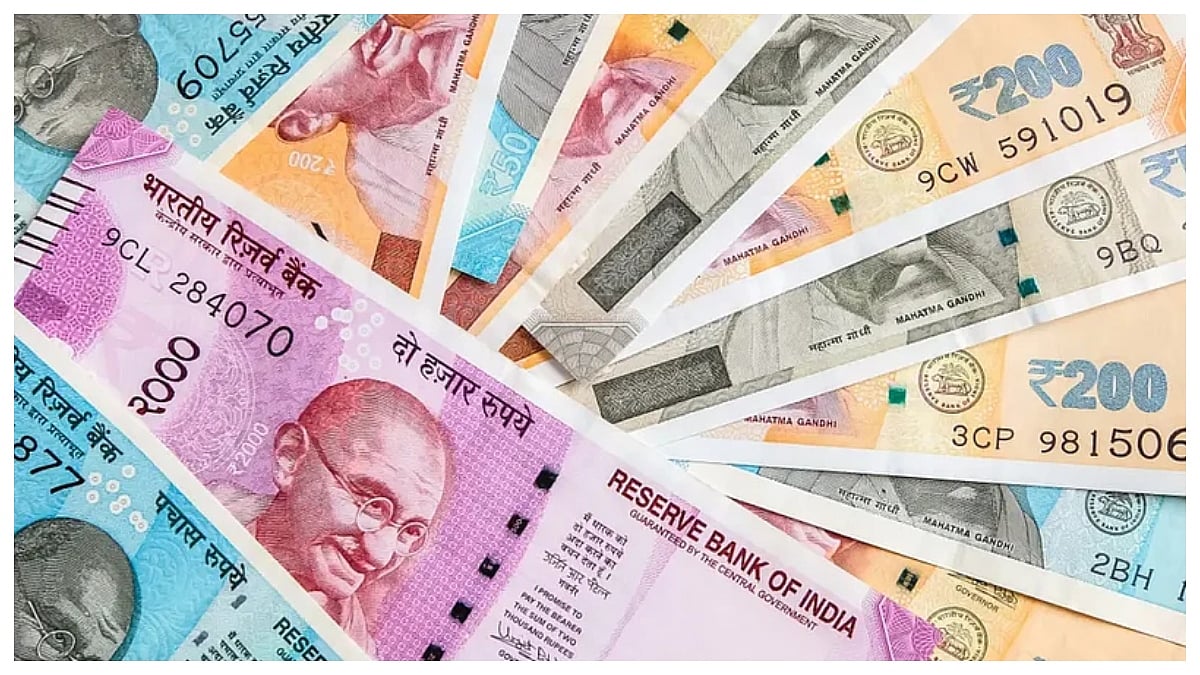Markets regulator Sebi on Tuesday decided to introduce new valuation metrics for repurchase or repo transactions by mutual funds, whereby securities used in such transactions will be valued on a mark-to-market basis.
The new valuation metrics are aimed at having uniformity in valuation methodology of all money market and debt instruments as well as at addressing the concerns of unintended regulatory arbitrage that may arise due to different valuation methodology adopted.
The new framework will come into effect from January 1, 2025, the Securities and Exchange Board of India (Sebi) said in its circular.
In its circular, Sebi said it has decided that the "valuation of repurchase (repo) transactions including TREPS with tenor of up to 30 days shall also be valued at mark to market basis".
At present, repo transactions including tri-party repo (TREPS) with tenor of up to 30 days are valued on cost-plus accrual basis. Further, the valuation of all repo transactions, except for overnight repos, in addition to the valuation of money market and debt securities, will be obtained from valuation agencies.

SEBI | Representative Image
In repo transactions, also known as a repo or sale repurchase agreement, securities are sold with the seller agreeing to buy them back at a later date. The instrument is used for raising short-term capital.
Sebi said that all money market and debt securities, including floating rate securities, will be valued at average of security level prices obtained from valuation agencies.

In case security level prices given by valuation agencies are not available for new security (which is currently not held by any mutual fund), then such security can be valued at purchase yield/price on the date of allotment/ purchase.
In June, Sebi allowed mutual funds to invest in repo transactions in securities such as Commercial Papers and Certificate of Deposits in a bid to boost growth of the corporate bond market. Mutual funds can participate in repo transactions only in "AA" and above rated corporate debt securities.








